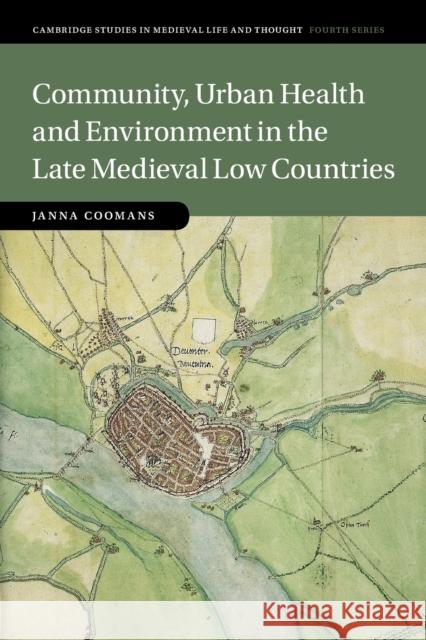Community, Urban Health and Environment in the Late Medieval Low Countries » książka
topmenu
Community, Urban Health and Environment in the Late Medieval Low Countries
ISBN-13: 9781108927161 / Angielski / Miękka / 2023 / 350 str.
Community, Urban Health and Environment in the Late Medieval Low Countries
ISBN-13: 9781108927161 / Angielski / Miękka / 2023 / 350 str.
cena 112,76
(netto: 107,39 VAT: 5%)
Najniższa cena z 30 dni: 111,45
(netto: 107,39 VAT: 5%)
Najniższa cena z 30 dni: 111,45
Termin realizacji zamówienia:
ok. 22 dni roboczych.
ok. 22 dni roboczych.
Darmowa dostawa!
Explores how preventative health practices shaped urban communities, social ties and living environments in the medieval Low Countries.











